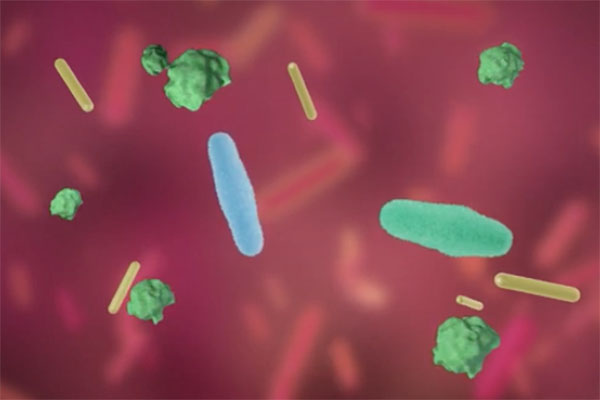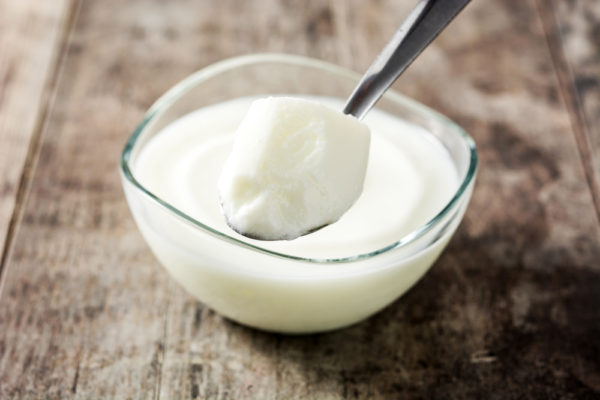Probiotic bacteria evolve inside mice’s GI tracts
Probiotics – living bacteria taken to promote digestive health – evolve once inside the body and have the potential to become less effective and sometimes even harmful, according to a new study from the School of Medicine. The findings suggest that developers of probiotic-based therapeutics must consider how the probiotics might change after administration.
A probiotic stress fix
An engineer at Washington University in St. Louis is working to create a probiotic that would help protect the host from the negative health effects of adrenaline surges. The new probiotic could easily be mixed into yogurt or taken in pill form.
In very ill, probiotics don’t prevent ‘superbugs’ from settling in intestinal tract
Compared with routine medical care, probiotics administered to critically ill patients in intensive care units showed no benefit in preventing the colonization of drug-resistant microbes in the intestinal tract, according to new research at Washington University School of Medicine in St. Louis.
Do probiotics help kids with stomach bugs?
Researchers at the School of Medicine are leading a nationwide clinical trial to determine whether one of the most commonly used probiotics can safely and effectively treat infants and toddlers suffering from acute gastroenteritis, otherwise known as stomach virus or “stomach flu.” David Schnadower, MD, is the trial’s principal investigator.
Probiotic protects intestine from radiation injury
Scientists at Washington University School of Medicine in St. Louis have shown that taking a probiotic before radiation therapy can protect the intestine from damage — at least in mice. Their study suggests that taking a probiotic also may help cancer patients avoid intestinal injury, a common problem in those receiving radiation therapy for abdominal cancers.
Study shows way to test health claims of probiotics
Washington University scientists have demonstrated a rigorous way to test the effects of probiotic bacteria on digestive health: they zeroed in on the community of microbes that naturally live in the intestine and help to digest foods our bodies can’t on their own.


